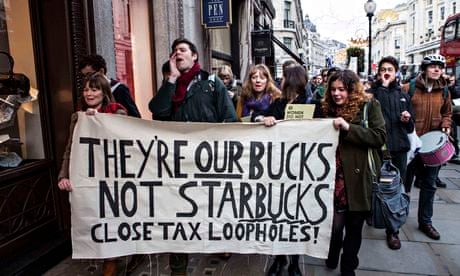The voluntary and community sector is facing hard times. Not only is government funding being slashed and the culture of payment by results tainting whatever money remains, but new legislation, such as the lobbying bill, is threatening our right to do our work.
Meanwhile, alternative organising structures are crowd-sourcing services and campaigns, and mobilising communities to action. They are creating alternatives to vanishing government money –using their independence to challenge destructive policies without having to pull the political punches.
But sector leadership remains largely quiet about all this. Even the rare moments in which traditional leadership has spoken up, it has tended to do so in muted tones.
At one recent meeting, for example, charities discussed possible joint responses to the lobbying bill. Reportedly, the idea of taking out a joint advert in national newspapers to signify the breadth of opposition was dismissed by the vast majority. They claimed they were worried about what a public show of opposition might mean for their positions on parliamentary select committees.
But it's not just the lack of protest that worries me; it's the leadership's commitment to the old ways of organising our work. UK Uncut was able to raise the issues of tax justice in the public and political spheres, and 38 Degrees continues to respond quickly to many critical problems. But our organisations have been left waiting for slow-moving, risk-adverse hierarchies to sign-off anything more significant than a staff washroom break. In this era of nimble networks, our dinosaur bureaucracies look woefully out of date for the causes we are meant to be championing.
That's not to say that there aren't plenty of staff within our organisations who are ready for change, but that the leadership appears too invested in both the political and organisational status quos to consider radical transformation in either realm.
This is not a recipe for continuing to play a significant role in society. We risk committing organisational – and even sectoral – suicide through our passivity to the changes happening around us.
But I have hope. I call it "constructive subversion". The premise is simple: if your organisational structures no longer allow you to do what needs doing to support a cause, how can you circumvent those structures and get on with your work?
This could mean an infinite number of things, but often involves starting with internal participation, in order to grow a culture where a wider range of perspectives become part of the organisational voice.
For example, could you …
break down the hierarchy and make decisions using consensus-based processes that involve more perspectives and allow people to act on their own judgment with the mutual support of colleagues?
start a lunchtime group that shares stories and frustrations from around the organisation, giving others whom you wouldn't normally speak to a chance to help each other out?
find a group of staff who are equally frustrated with, for example, your organisation's out-of-date website and spend a few hours creating an alternative, presenting the finished product to your bosses rather than asking for approval?
The main reason I have hope in this approach is that it means we don't have to feel as powerless as so many colleagues do in the voluntary sector. We just have to find the courage to make it happen and connect with colleagues who want to do the same.
That's not to say we won't have to unpack the deeply personal levels where we have internalised hierarchy, but if we truly care about the causes we work on, we shouldn't let an organisational deathwish prevent us taking those causes forward.
Liam Barrington-Bush is an activist, facilitator and author of the book, Anarchists in the Boardroom: How social media and social movements can help your organisation to be more like people. He tweets as @hackofalltrades.
If you work in the charity sector, please join our free network for charity professionals.




Comments (…)
Sign in or create your Guardian account to join the discussion